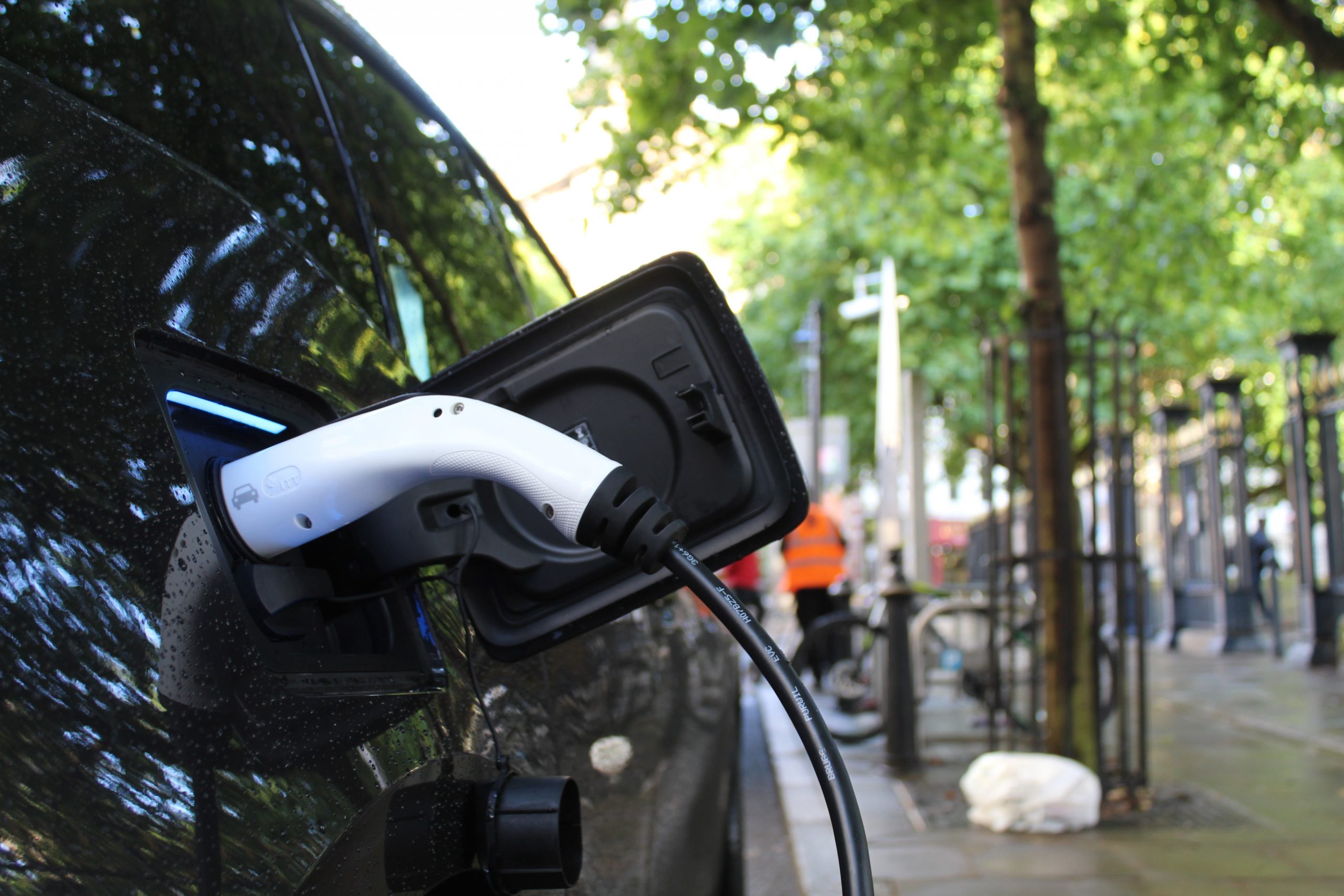
Comment Editor Gwydion Elliott critiques the move towards electric cars, arguing that cars themselves are fundamentally unsustainable
In the UK, cars are everywhere. Upwards of 30 million of them travel along our streets and highways, producing around a quarter of the UK’s carbon emissions and spurting out fumes laden with a host of polluting chemicals. Two years ago, in a landmark case, a coroner ruled that air pollution caused by living in ‘close proximity to highly polluting roads’ was a cause of the death of 9 year-old Ella Kissi-Debrah in Lewisham. According to the government, air pollution is the ‘largest environmental risk to public health’ contributing to roughly 28,000 to 36,000 deaths every year. Those with respiratory conditions are most at risk, with ethnic minorities and those of low economic status more likely to be breathing contaminated air. Along with the dangerous consequences of carbon emissions, it’s clear to see that we pay a high price for our current transport system. We pay a high price for our current transport system
Enter the electric car, an alternative that emits no exhaust fumes and burns no fossil fuels as you drive. More than a quarter of a million of these vehicles now travel the UK’s roads as consumers increasingly look to lower their carbon emissions, bolstered by government investment that promotes charging points, and making low-emission vehicles cheaper to buy. As they have for decades, the fossil fuel industry still seeks to squash the growth of electric cars in order to maintain petrol sales, however it’s looking increasingly like the age of the fossil-fuel car might really be drawing to a slow close.
The trouble is that cars, electric or not, are in almost all cases a pretty bad transport solution. Even though electrifying our automobile fleet might alleviate the problems I’ve mentioned above, such a move would in so many other ways be a failure compared to the more efficient and sustainable alternatives.
The problem of manufacturing batteries calls into question whether turning all our cars electric is even possible, let alone a good idea. Each one requires lithium, as well as a range of other rare metals, the supply of which is already straining. Demand for these substances may quickly outpace supply and make the scale of battery production needed impossible – according to Stuart Crow, chairman of lithium producer Lake Resources, there “simply isn’t going to be enough lithium on the face of the planet”. On top of this lithium mining requires so much water that it’s causing droughts and the spread of deserts, while cobalt mining is often undertaken by children as young as six years old, working in dangerous conditions. Creating an increased demand in the form of billions of electric car batteries hardly seems like a good way to address these imperialist inequalities. Cobalt mining is often undertaken by children as young as six years old
Cars are bad for our cities. Once you start to pay attention to the amount of our urban spaces handed over to the automobile, it starts to feel like our cities are designed not for us but for a different species – huge metal beasts that dominate the landscape and hurl themselves around on four wheels. Some local authorities are starting to close roads to traffic and return them to human beings, giving us back the spaces in which we used to walk, work, play and build communities before we relinquished them to the car. These spaces encourage more sustainable travel, making walking, cycling and public transport much easier and more feasible.
Giving all this space up to cars isn’t sensible, and neither is the huge material inefficiency of giving each household their own giant metal box to speed around in. Public transport is plainly more efficient, reducing the huge load of energy and materials needed in order for each of us to own a car that for most of the time will be sat in a parking space achieving the square root of nothing. For a society so addicted to consumption and consumerism, the car is perfect – it is an expensive good that can be marketed and sold to individuals, generating even more profit off the fact that each of us will buy our own car and share it with almost nobody else. For car manufacturers, as with so many other industries, generating an enormous amount of waste and excess consumption is not a problem, it’s the whole point.
The profits to be gained from producing an efficient shared public transit system are surely much more meagre, but it’s clearly the better choice for human beings, and the planet on which we live. The dream of a fully electrified world of cars is probably the least ambitious of all ‘sustainable’ transit possibilities, an excuse to continue rampant consumption while doing the bare minimum to respond to environmental ruin. For us in the UK, and everyone around the world, there are far more equitable, sustainable and pleasurable alternatives than the electric car.
Want to read more Comment pieces? Check out these:

Comments